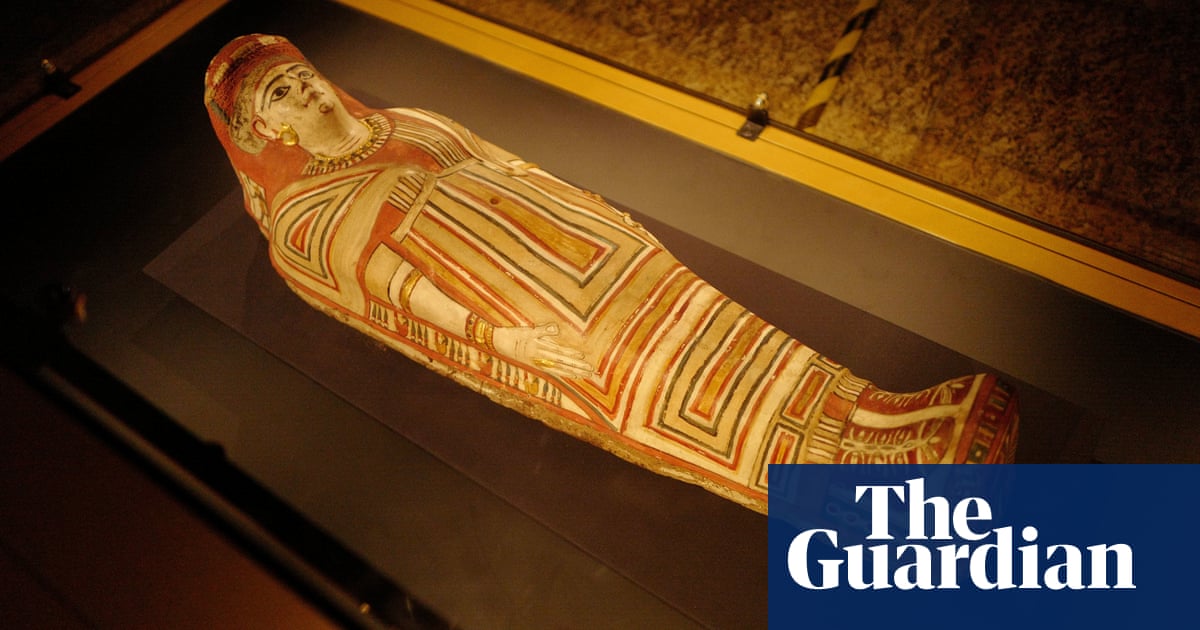Cut to 2025, way more Indians than ever earlier than are open to the idea of artificial love. A worldwide research of seven,000 grownups by on the web buyer safety firm McAfee positioned higher than 61% Indian individuals thought it’s possible to create sensations for an AI chatbot. Just over fifty % of all individuals from India claimed they had been come near by an AI chatbot impersonating an precise particular person on a courting system or social networks, or acknowledged any individual that was.
” I’ve a detailed good friend that enjoys ML [machine learning] and I requested him if there are robots which you’ll role-play with,” a 25-year-old latest graduate from Bengaluru stated, requesting anonymity. “He suggested Dittin AI, and I tried out the different bots they have.”
Platforms coping with lonesome hearts
Dittin AI is a website and utility the place prospects can create personalities, conditions, and tales of a sex-related or charming nature making use of AI, and dialog with present AI personalities to endure their goals. “I establish one crawler of my very own with a personalized situation and personality,” the graduate quoted above stated. “I asked it to act like a [male] landlord and ask me for rent,” she included, nevertheless the dream broken because the character merely duplicated her discussions again to her. Eventually, she claimed, she dumped the AI chatbots to return to her earlier leisure exercise – composing on the web erotica.
Also try|After DeepSeek, America and the EU are acquiring AI incorrect
Several such purposes and programs have really turned up within the earlier variety of years, coping with lonesome hearts in search of love and hyperlink on-line. Dittin AI is of imprecise beginnings, nevertheless its Frequently requested questions level out a mothers and pop enterprise based mostly in Beijing.
Jani Infotech makes use of a group of app-based AI buddies on the Google Play Store, consisting of ‘Indian AI Girlfriend Urvashi’ and‘Romantic AI Boyfriend Adam’ Jack Diamond Studio makes use of a comparable utility referred to as ‘Apsara: Indian AI Girlfriend’.
The sensation isn’t brand-new, neither is it restricted toIndia In January this yr, The New York Times profiled a 28-year-old feminine nicknamed Ayrin, that fell for her tailor-made ChatGPT chatbot referred to as Leo, investing 20 hours per week often speaking along with her synthetic fan. In a first-person make up the scientific analysis publication Wired this February, press reporter Megan Farokhmanesh said her expertise of courting 4 chatbots of 4 numerous AI enterprise consisting of OpenAI’s ChatGPT, ending that it was easy to deal with a number of fans that aren’t real people.
Also try| OpenAI speaking about localization of ChatGPT India data
Unrealistic assumptions and avoidance
“An AI chatbot is tailored to me due to the fact that it has information on my character,” says Dr. Sreystha Beppari, a Pune-based psychologist affiliated with Apollo Hospitals. “But this can become a problem because I am not experiencing love the way it should be, I am experiencing a customized love that accommodates all my needs and is emotionally available anytime.”
Dr Beppari says that loving AI can set up unbelievable standards resulting from the truth that such a connection doesn’t want reciprocation or compassion and stunts our social and interplay skills. “It comes to be escapist behavior after time,” she claims.
To make sure, this isn’t the one methodology people are searching for love, neither is that this the one utility of AI within the courting service. The McAfee research estimated over claimed way more Indians make the most of social networks purposes like Instagram to find attainable companions than courting purposes. Last yr, Tinder, a courting utility had by courting market chief Match Group, offered AI gadgets to match attainable companions higher additionally because it sheds its common month-to-month energetic buyer base.
Also try|Can AI chatbots be adjusted? A brand-new market assures merely that.
But altering a numerous on-line meals collection of charming companions with an AI character is perhaps much more hazardous.
“Our mind can not compare communications with an actual individual and a chatbot,” Dr Beppari stated. “The same hormones and feelings will be released when we are emotionally involved with AI, as when we fall in love with a person. But, if I am a 16- or 18-year-old, I will be so satisfied with such a relationship that I will find it hard to build real human bonds.”






